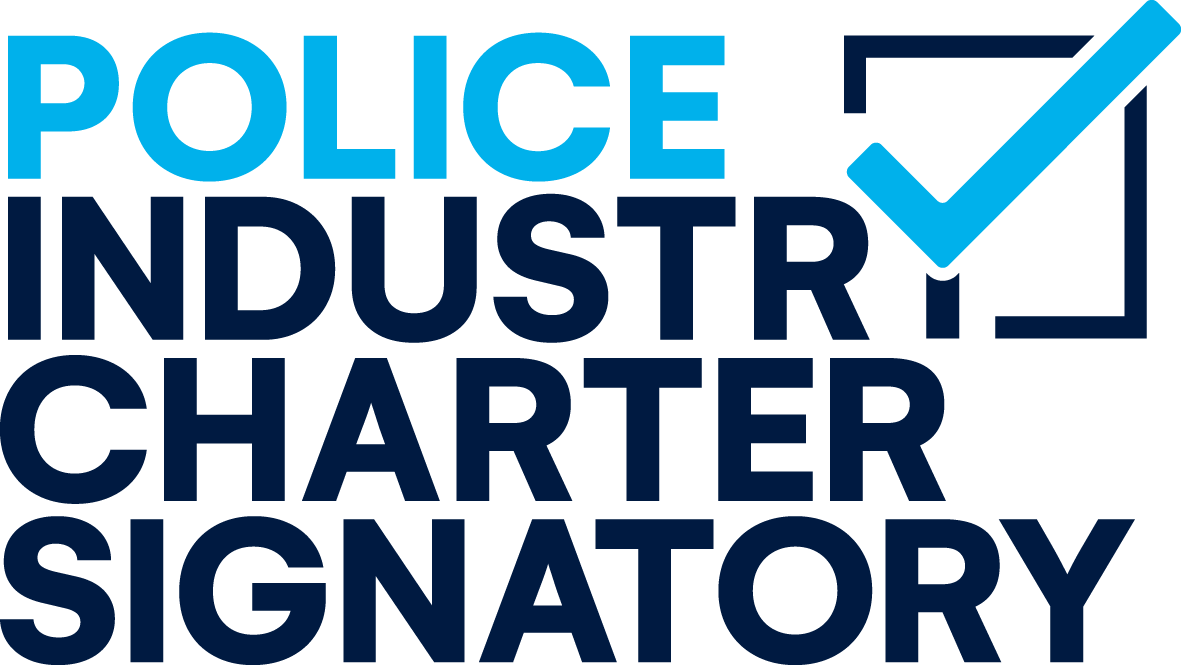
3 Tips For Aspiring Leaders In Development
Are you preparing to take your first steps into a leadership role? Do you see yourself wanting to manage a team in the foreseeable future? The opportunity to manage and lead a team can be exciting, especially if it’s something you have been working towards. Although, in the midst of anticipation, you may begin to question how a person can lead, and how they can lead successfully.
Before diving straight into a leadership role, it’s important to evaluate the leadership styles you have been surrounded by, but also the type of leadership you want to establish. To get you thinking, we have put together a list of our top three tips to become a successful leader, curated by our leadership experts.
Tip #1: Actively listen
It is easy to forget that, whilst demonstrating good communication, a leader must also be a strong listener. Even when leaders chair meetings and have the final say on decisions. The ability to listen is vastly under-appreciated, especially in leadership roles.
I am reminded of a quote from one of the greatest leaders of the 20th century.
“Courage is what it takes to stand up and speak; courage is also what it takes to sit down and listen.”
Winston Churchill
Though you are expected to speak, giving your team the chance to voice their opinions will boost their confidence in themselves and in you. By respecting those around you, you will begin to see the fruits of your labour through an increase in team moral, productivity and happiness. When you encourage open communication and discussion, you will create a space where your team feels appreciated and heard.
Listening to your team is vital, but it’s also important to foster healthy relationships with individuals. As a leader, you may happen across scenarios where individuals do not feel comfortable talking in front of the team. It is essential that you make them feel relaxed and secure, in times of both conflict and peace.
Finally, the capacity to listen to yourself is crucial in leadership roles. Although it might seem strange, you may find yourself at a cross roads, and it will be your responsibility to manage the situation. Whether you listen to your head, heart or gut, remain steadfast and confident in your decisions.
Tip #2: Take time to reflect
A core strength of successful leadership revolves not only in the action, but in the reflection after the fact. This can be a challenging task for those that do not want to dwell on past instances of mismanagement or miscommunication. Yet, the only way to learn and adapt in your role, is to reflect on your performance and how you managed others, and how you adapted your methods.
Not only does reflection have to happen after an occurrence, you can also reflect regularly so the process won’t be unfamiliar. Take some time now to reflect on your strengths and weaknesses when it comes to leadership.
Do you have a positive attitude to others?
Are you able to communicate clearly and effectively?
Do you give enough time to those around you?
As a leader, reflection with your team is just as important as self-reflection. If you receive feedback from your team (tying into tip 1), consider their thoughts, and see where improvements can be made. But bear in mind, laying blame on others without first reflecting on your actions in the situation doesn’t resolve the issue, and may leave your team feeling disheartened and irritated.
In any business or institution, there must be flexibility for both you and your team to make mistakes. As mentioned before, this is a core part of learning and progression. It’s up to the leader to ensure they can admit their faults, and demonstrate how the situation can be rectified.
Tip #3: Grasp opportunities
Our final tip for an aspiring leader is to grasp every opportunity that is presented to you. Depending upon where you are in your career, you may need a few more years to garner and develop your leadership skills before entering into management. If that’s the case, when you are given opportunities to learn from others or to acquire new skills, get involved!
The path to leadership won’t always be easy, and you will find that (at times) you would rather settle and be comfortable in your current role. Instead of contemplating “what ifs” and regret, embrace the challenges that are provided to you. By grasping those opportune moments, and jumping in the deep-end, you could achieve your goals through learning things you never expected to learn.
Next steps for aspiring leaders
Every great leader you can think of was at one point in your shoes. They had to learn these skills: from listening to others, reflecting on the past and grasping every opportunity.
If you are hoping to progress to a leadership role, the 3 skills listed in this article will enhance your interpersonal communication, your leadership style and your enthusiasm for learning.
Would you like to learn how to develop these skills? Check out our Aspiring Leaders Programme, tailored for individuals looking to take their first steps into a leadership role.
Find out more here, and if you’d like to book the course click here
Recent Posts
Online learning has become increasingly popular in recent years, completely transforming education and teaching. Traditional in-person teaching methods are no [...]
In the complex modern workplace, one often-overlooked aspect that weaves its way into everyday decisions is unconscious bias. Like a [...]
How can businesses preserve cybersecurity where constant digital evolution, and utilising new technologies, is the key to staying competitive? As [...]















